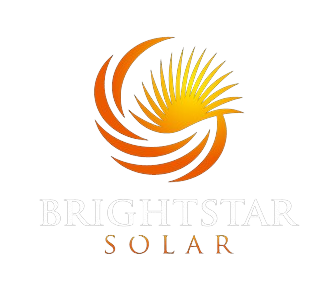Solar energy is still a relatively new industry, and constantly evolving. It’s difficult for prospective customers to find qualified local solar installers, and when they do, to understand the quotes they are given are valid and make sense. In order to make an educated assessment of your solar quote, you must understand the difference when energy production measured in AC vs. DC.
What does AC and DC mean?
So let’s discuss what AC and DC means first. AC refers to alternating current that flows in both directions and this is the type of power that is used in your home. DC is direct current and only flows in one direction. The electricity generated from solar panels is in the form of DC, or direct current. An inverter converts the DC generated on your roof to AC that can be used in your house and fed back in to the grid.
Solar Quotes in DC
There are two ways to quote a solar energy system in DC. One way is called STC, or Standard Test Conditions. This is measured under laboratory conditions. A quote in STC is pretty easy to understand. If you have 10 200-Watt Evergreen solar panels, you would have a 2000 watt DC system under Standard Test Conditions (STC).
The other way is called PTC, or PV USA Test Conditions. A lot of people say PTC provides more practical conditions rather than STC which is a controlled lab environment. For that reason, the power output of PTC will always be lower than STC conditions. Most rebate programs use STC to compute the incentive payout. However, the state rebate program in Connecticut requires that all rebates be calculated under PTC.
Solar Quotes in AC
Both STC and PTC conditions (under the DC quote option) will not account for all “real world” losses due to dust or dirt, temperature loss, DC and AC wire losses, and inverter efficiency. However, a quote in AC will address all these losses. A well designed grid-tied solar electric system should have a DC STC to AC conversion efficiency of about 80%. In Massachusetts, the Commonwealth Solar rebate program requires that all installers use a conservative 77% DC STC to AC conversion efficiency, regardless of equipment used.
As a solar contractor, I want to be upfront with homeowners and make sure they have the appropriate information they need to make an informed decision about solar energy. If you are interested in a complimentary solar evaluation in Massachusetts, we would be happy to give you a quote or estimate in the method of your choice – DC STC, DC PTC, or AC.








Pingback: Tweets that mention Understanding Your Solar Quote in AC vs. DC — BRIGHTSTAR SOLAR -- Topsy.com
suscipit et ducimus facere hic officia sint. voluptatem voluptatem quia sequi nemo aut sed non ab odio illo corporis fugit ut doloribus minima totam.